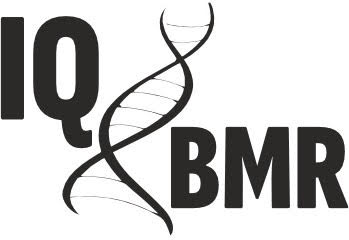Bianca-Mariana TÎRZIMAN, Cătălina IONESCU, Viorica RARINCA, Mălina VISTERNICU, Alin CIOBICĂ
ABSTRACT :
Spirulina, a microscopic cyanobacterium cultivated in alkaline waters, is globally recognized as a powerful nutraceutical. Its rich composition of functional compounds, including phycocyanins, phenols, and polysaccharides, provides significant antioxidant, anti-inflammatory, and immunomodulatory benefits, as confirmed by numerous in vitro and in vivo studies. These properties contribute to its positive effects on various health conditions, from cardiovascular diseases and metabolic disorders to tumors and inflammatory illnesses. Recent research has increasingly focused on Spirulina’s profound impact on the brain. Its ability to combat oxidative stress and chronic inflammation positions it as a promising neuroprotective agent. By acting directly on the activation of glial cells, Spirulina helps prevent and slow the progression of neurodegenerative conditions such as Parkinson’s disease, Alzheimer’s disease, and Multiple Sclerosis. Preliminary clinical studies support this, showing that Spirulina can help reduce mental fatigue, protect cerebral blood vessels from damage, and regulate intracranial pressure, thereby mitigating the risk of cerebrovascular conditions. Furthermore, its benefits extend to brain development, as seen in studies on malnourished children, where Spirulina intake led to significant improvements in motor, language, and cognitive skills. Its role in regulating appetite has also been noted. This review aims to explore the therapeutic potential of this “superfood”, highlighting its nutritional value and the specific molecular mechanisms through which it benefits brain health.

